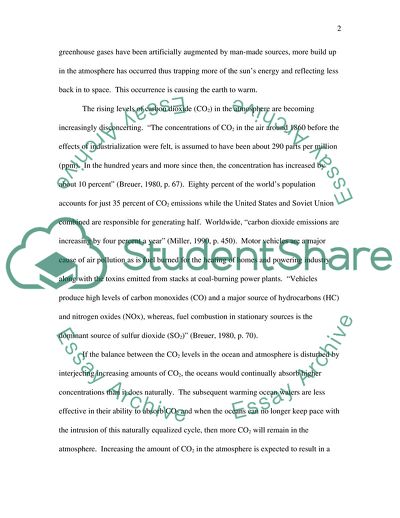Cite this document
(Global Warming: The Greenhouse Effect Article Example | Topics and Well Written Essays - 2000 words - 2, n.d.)
Global Warming: The Greenhouse Effect Article Example | Topics and Well Written Essays - 2000 words - 2. https://studentshare.org/environmental-studies/1708812-global-warming
Global Warming: The Greenhouse Effect Article Example | Topics and Well Written Essays - 2000 words - 2. https://studentshare.org/environmental-studies/1708812-global-warming
(Global Warming: The Greenhouse Effect Article Example | Topics and Well Written Essays - 2000 Words - 2)
Global Warming: The Greenhouse Effect Article Example | Topics and Well Written Essays - 2000 Words - 2. https://studentshare.org/environmental-studies/1708812-global-warming.
Global Warming: The Greenhouse Effect Article Example | Topics and Well Written Essays - 2000 Words - 2. https://studentshare.org/environmental-studies/1708812-global-warming.
“Global Warming: The Greenhouse Effect Article Example | Topics and Well Written Essays - 2000 Words - 2”. https://studentshare.org/environmental-studies/1708812-global-warming.


